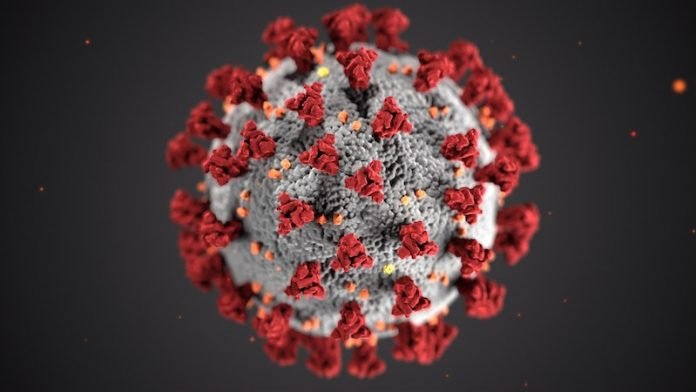
The population’s immunity to SARS-CoV-2, achieved either through infection or vaccination, is crucial to overcome the COVID-19 pandemic.
In a new study from the University of Zurich, researchers found another component that contributes to SARS-CoV-2 immunity – previous antibody responses to other, harmless coronaviruses.
They found people who have had strong immune responses to other human coronaviruses also have some protection against SARS-CoV-2 infection.
In their study, the researchers analyzed antibody levels against four other human coronaviruses in 825 serum samples taken before SARS-CoV-2 emerged. They also examined 389 samples from donors infected with SARS-CoV-2.
Combining these analyses with computer-based models enabled the team to precisely predict how well the antibodies would bind to and neutralize invading viruses.
The researchers found that people who caught SARS-CoV-2 had lower levels of antibodies against coronaviruses that cause common colds compared to uninfected people.
In addition, people with high levels of antibodies against harmless coronaviruses were less likely to have been hospitalized after catching SARS-CoV-2.
The study shows that a strong antibody response to human coronaviruses increases the level of antibodies against SARS-CoV-2.
So someone who has gained immunity to harmless coronaviruses is therefore also better protected against severe SARS-CoV-2 infections.
This type of immune response is referred to as cross-reactivity, and it also occurs with T cell responses, the additional line of the immune system in the defense against infections.
The team says people are only fully protected against SARS-CoV-2 shortly after they have recovered from an infection or have received an effective vaccination.
This is when antibody levels against the virus are still very high.
As these levels drop over time, infection is no longer prevented, but the immunological memory quickly reactivates the body’s defenses, the production of antibodies as well as the T cell defense.
It is not yet known whether this cross-reactivity also works in the opposite direction. Whether immunity to SARS-CoV-2 – achieved through vaccination, for example – also offers protection against other human coronaviruses still needs to be elucidated.
If you care about COVID, please read studies about people with COVID-19 can be categorized into 3 groups and findings of this common drug may prevent deadly inflammation in COVID-19.
For more information about COVID and your health, please see recent studies about vitamin B may help fight COVID-19, reduce inflammation and results showing that this supplement may help boost COVID-19 recovery.
The study is published in Nature Communications. One author of the study is Alexandra Trkola.
Copyright © 2021 Knowridge Science Report. All rights reserved.



